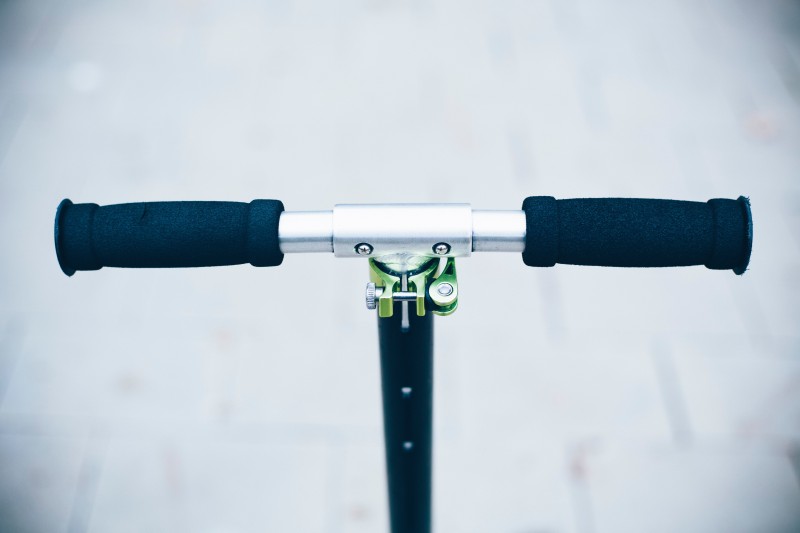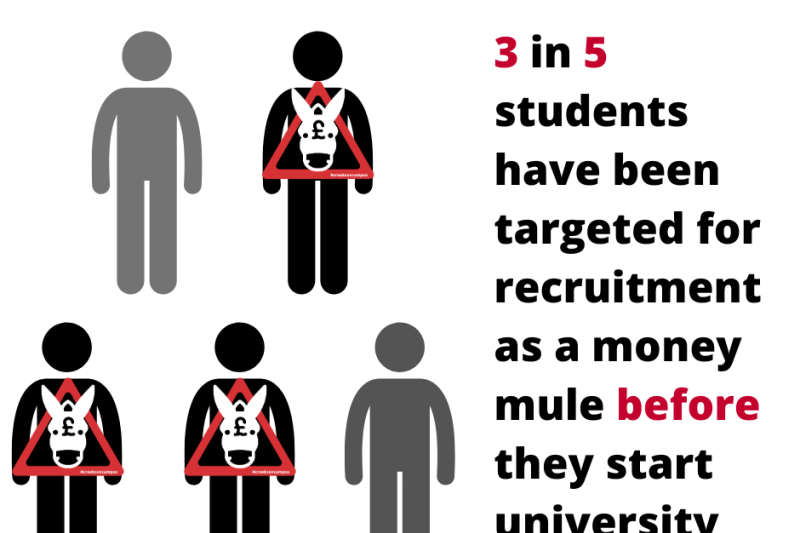
There have been several safety incidents at BU relating to lithium battery devices being left on charge for extended times and/or unattended while charging, the use of incompatible chargers and/or the use of imported, less safe batteries. Therefore, we are no longer allowing the following devices to be stored, used, or charged inside BU buildings:
- E-scooters of any kind
- Electric bikes
- Electric skateboards
- Hoverboards.
These products/items/devices use lithium batteries that are higher voltage and are less likely to be within current regulations. These are the primary cause of the recent highly publicised and in many cases, fatal incidents.
Why has this decision been made
In recent years, there have been a growing number of product recalls involving lithium batteries, citing overheating, fires and explosions relating to the use of this type of battery. Given these risks, it is important lithium batteries are managed in a safe way and our BU community are aware of the risks and hazards of using these types of batteries.
Lithium batteries present an increased fire risk. This has been documented recently in the media in the form of exploding hoverboards, e-scooters, e-bikes, and self-igniting mobile phones. This has resulted in electric scooters being banned on many mainline trains and the London Underground. The potential for lithium battery fires has historically been of concern, but as the popularity of products and the subsequent development of batteries has expanded, so has the potential fire threat.
Guidance
Caution must be taken in lithium battery storage, use, management, and disposal due to the potential for fire and injury if these batteries are misused or damaged. Therefore we have put together some guidance on safely handling lithium-ion (Li-ion) and lithium polymer (LiPo) cells and battery packs during normal use and potential emergency conditions, including safe disposal.



